Computation and Construction in Architecture (CoCoA) Lab
School of Architecture, Design and Planning
School of Architecture, Design and Planning


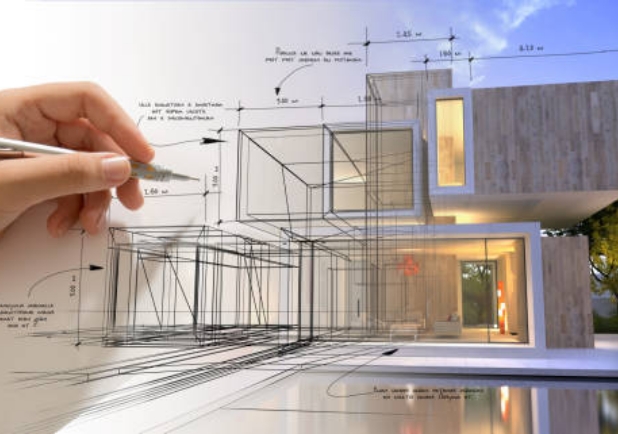
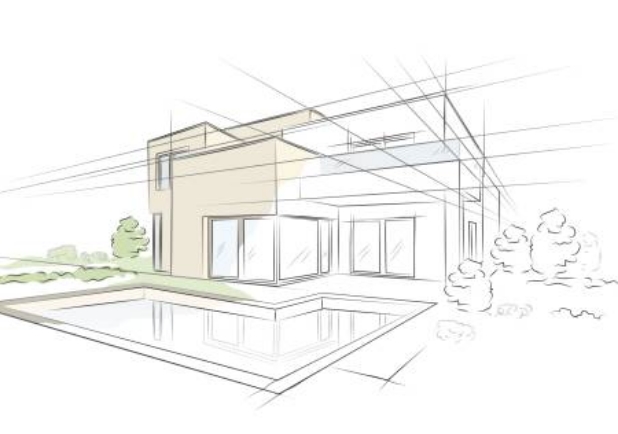

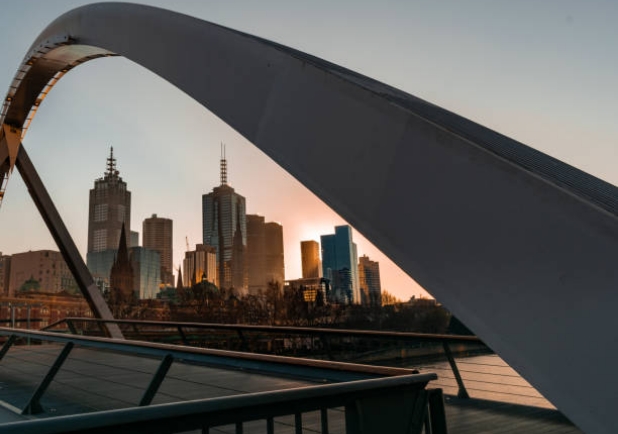
At vero eos et accusamus et iusto odio dignissimos ducimus qui blanditiis praesentium voluptatum deleniti atque corrupti quos dolores et quas molestias excepturi sint occaecati cupiditate non provident, similique sunt in culpa qui officia deserunt mollitia animi, id est laborum et dolorum fuga.

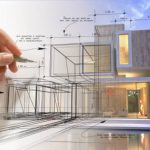
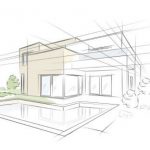


Established at the intersection of architecture, construction, building physics, and engineering this stream draws upon the different disciplines to assess and interpret the built environment as a holistic concept, with a strong focus on sustainability.
Climate change is the biggest challenge of our times and it is likely to impact the generations to come. The construction industry accounts for 38% of the global carbon emissions and 35% of the total energy consumption. With the current urbanization pace and slow adoption of mitigation measures, cities in 2075 will be likely to face warmer temperatures, a lack of freshwater, food scarcity, and higher energy intensity. Reducing the environmental impacts of the construction sector is not enough to meet the ambitious international net-zero carbon goals. The only solution will be a deep paradigm shift towards a carbon-positive balance.
This stream envisions a future where the built environments will no longer be detrimental for the environment but will be an active part of its restoration.
The term regenerative describes processes that restore, renew or revitalize their own sources of energy and materials. Regenerative built environments are able to provide healthy, equitable and sustainable environments for future generations to thrive.
This stream works in close collaboration with industry and academic partners, it specializes in applied research projects, and it undertakes both theoretical and empirical investigations to define and evaluate innovative design approaches that can enable this vision.
Research areas that underpin this stream’s vision are: